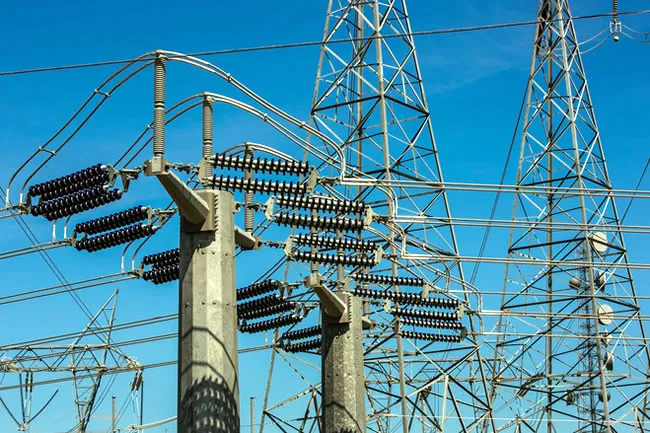In a bold move to reform Nigeria’s struggling electricity distribution sector, the Federal Government has begun deploying expert teams to power distribution companies (Discos) deemed underperforming, signaling a renewed commitment to improving service delivery and operational efficiency.
The initiative, part of a pilot restructuring programme, will begin between May and August 2025 and will initially target one Disco each from the northern and southern regions of the country. The selected companies will undergo a comprehensive reform process involving external technical experts and increased federal oversight.
Announcing the initiative in Abuja, Minister of Power Adebayo Adelabu stated that the government could no longer stand by while electricity consumers bear the brunt of poor service. He emphasized that regulatory powers would be used to enforce the reforms, with a focus on restructuring internal operations and ensuring compliance.
“This pilot phase is not optional,” Adelabu said. “We must confront these challenges directly. Discos that fail to meet performance benchmarks will be compelled to cooperate with reform teams.”

According to a statement by the minister’s aide, Bolaji Tunji, the decision follows a strategic collaboration with the Japan International Cooperation Agency (JICA), which presented a roadmap titled “Revamping of the Distribution Sector in Nigeria.” The reform plan was developed following Adelabu’s recent visit to Japan’s energy sector and aims to apply global best practices to Nigeria’s distribution challenges.
A senior official from the Federal Ministry of Power, who spoke on condition of anonymity, said the pilot programme will bring in independent professionals to work side-by-side with the Discos, analyzing their operations and offering practical solutions to recurring inefficiencies. “It’s not a takeover,” the official clarified, “but a collaborative intervention designed to strengthen internal systems and identify gaps.”
The reform targets key issues such as infrastructure deficits, poor governance, and inadequate commercial structures. Experts will help develop models that can later be applied to other Discos across the country. Discos performing relatively well will also benefit from the framework to enhance their operations.
The minister cited a persistent lack of investment in the sector as a major stumbling block. “Investment returns remain unattractive, which discourages infrastructure upgrades,” Adelabu noted. To address this, he directed the Nigerian Electricity Regulatory Commission (NERC) to implement franchising models that will allow smaller, capable operators to manage specific areas.
Adelabu also stressed the importance of public education, noting that many Nigerians still misunderstand the distinctions between power generation, transmission, and distribution. “Consumer awareness is vital if we’re going to build trust and support for these reforms,” he said.
Meanwhile, the Association of Nigerian Electricity Distributors has responded to the restructuring efforts, expressing support for the government’s drive to improve the sector. Executive Director of Research and Advocacy, Sunday Oduntan, stated that the Discos are not concerned with power sector politics but are committed to any initiative that enhances power supply and sectoral growth.
“We are focused on progress,” Oduntan said. “Our collaboration with the government is aimed at increasing electricity distribution, which directly supports economic development and job creation.”
The JICA proposal calls for measurable milestones, enhanced compliance standards, and accountability mechanisms for all participating Discos. The reform is expected to lay the foundation for long-term sector-wide improvements, with the goal of creating a reliable, investor-friendly power distribution landscape in Nigeria.
This marks the most decisive government action since the privatisation of the power sector in 2013, addressing long-standing concerns over operational inefficiencies and the lack of licence reviews in over a decade



